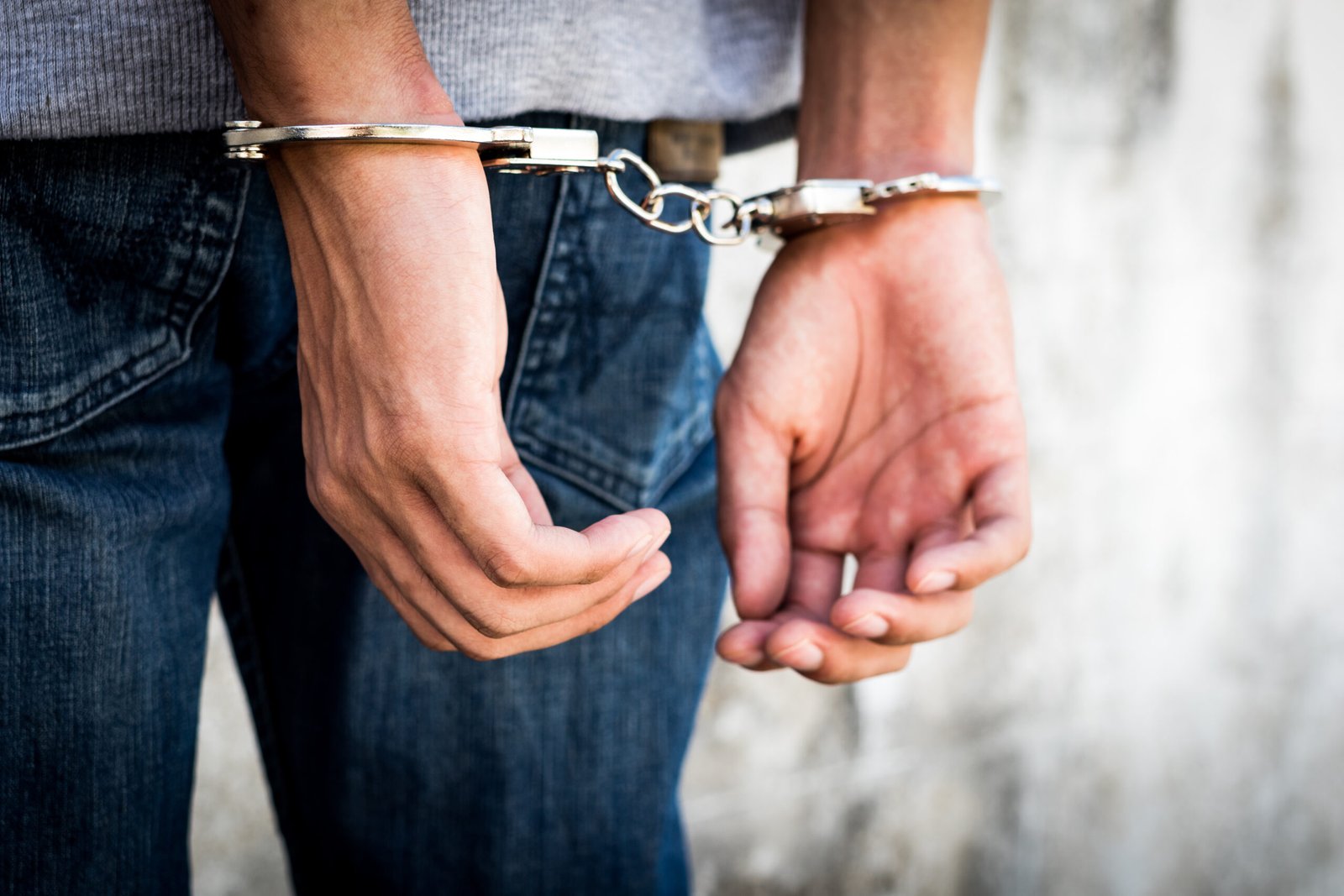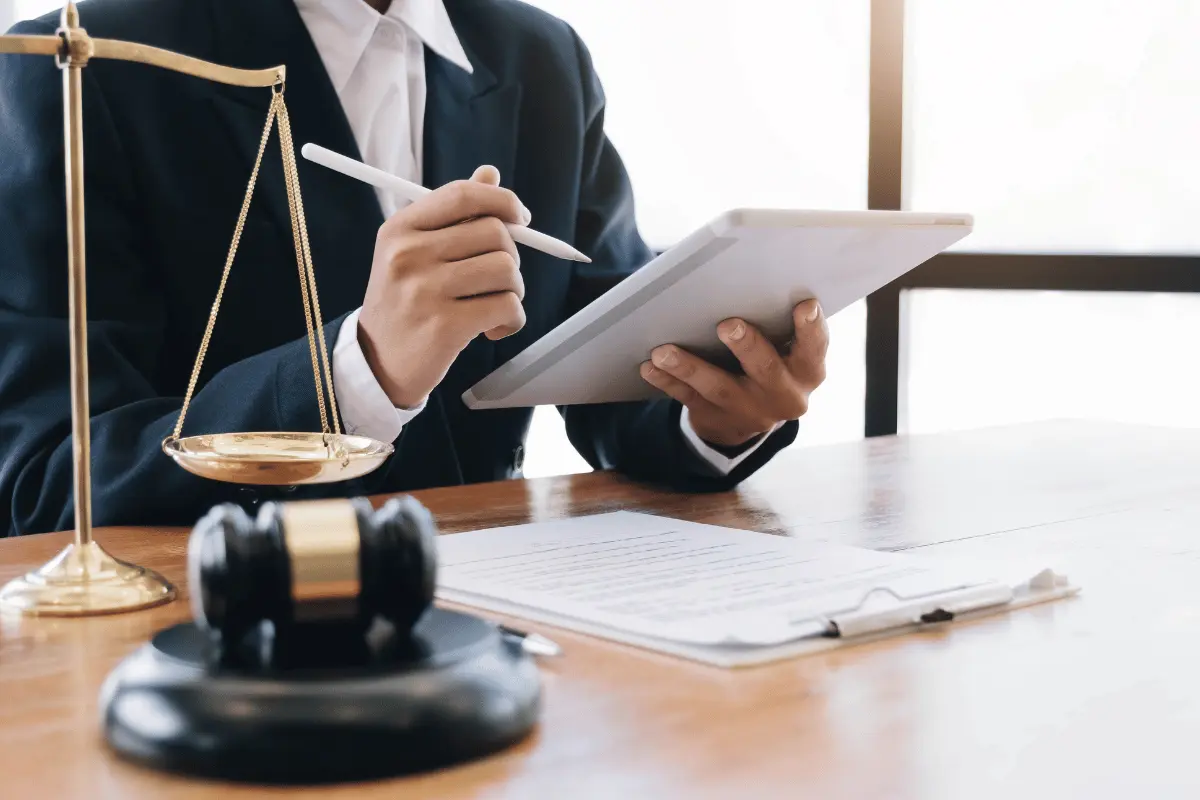
Immediate Steps Following Arrest
An arrest can be a stressful and emotional experience, but understanding the required procedures can protect your rights and avoid inadvertently endangering your case. Law enforcement officers must inform you of your Miranda rights, including the right to remain silent and consult with legal counsel. Focus on staying calm, observing the situation, and avoiding misinterpretation of statements. Early legal guidance is crucial, as your actions can influence the outcome. Proactively requesting a criminal justice attorney shows law enforcement your rights, sets clear boundaries for questioning, and protects you from self-incrimination. The U.S. Department of Justice advises individuals to ask about the charges against them and request an attorney before engaging in significant discussions with police. Staying silent is not an admission of guilt but a sensible act of self-protection.
Understanding The Booking Process
Upon arrival at a police station or detention facility, you undergo a booking process, which can last from minutes to hours, depending on the facility’s volume and the severity of the alleged crime. During this process, fingerprints, photographs, personal belongings, and basic biographical information are taken to document your entry into the legal system and create an official record of the incident. While release on personal recognizance is possible for minor infractions, serious charges usually require custody until a bail hearing. The uniform nature of the process can be dehumanizing, but it is designed for efficiency and record-keeping, not reflecting your worth or guilt. If you are unclear about any step during booking, politely ask for clarification. Maintaining a respectful and cooperative demeanor can benefit your case.
Your Rights While In Detention
Detention can be a challenging time, but constitutional protections exist to protect your dignity and legal standing. These include the right to communicate with a lawyer and family, humane treatment, and the right to refrain from answering questions unrelated to basic identification. Organizations such as the American Civil Liberties Union argue that asserting these rights can have a profound impact on outcomes. For instance, asking for an attorney and not discussing your case with fellow inmates can prevent damaging information from being used against you. It is essential to expect fair and humane treatment during detention and document any details if something seems out of line. These protections not only safeguard the accused but also uphold public trust in the justice system.
How Bail Is Set And What Comes Next
Bail hearings are a crucial stage in the criminal justice system, where a judge decides if and under what conditions a person can be released pending court dates. Bail amounts are determined by factors such as the seriousness of the crime, previous criminal record, community ties, likelihood of fleeing, and public safety risk. For low-level offenses, bail may be on recognizance, requiring written commitment to attend all court proceedings. For serious crimes, monetary bail may be set. Bail can be expensive, causing stress for families. Bail approaches vary across regions and are changing as jurisdictions reconsider pretrial detention. Early learning about local bail practices and legal options can make the system less overwhelming and guide future decisions.
Attending Initial Court Hearings
The arraignment is a crucial step in the legal process, during which the judge reads the charges and asks the defendant to plead guilty or not guilty. It is the first chance to see the evidence against you and declare your intention to fight or negotiate a settlement. Being represented by legal counsel helps you understand the ramifications of your plea and consider early options for resolution or trial strategy. If you cannot afford private legal counsel, the court may offer a public defender or court-appointed attorney. Court hearings can be intimidating, so it is essential to dress appropriately, arrive on time, and maintain a respectful demeanor at all times. Legal representation can initiate negotiations with prosecutors and start discussions on plea bargains to reduce penalties.
Building A Legal Defense
A strong defense involves a thorough review of the arrest and evidence collected. Your defense attorney will analyze police reports, interview key witnesses, and search for evidence that supports your narrative. They may hire private investigators or forensic experts to verify the prosecution’s claims. Common defense strategies include demonstrating procedural errors, highlighting constitutional rights violations, and presenting evidence that introduces reasonable doubt. The defense team should gather and organize all written documentation, maintain transparent communication, identify witnesses, cultivate evidence that may contradict the prosecution’s narrative, and ensure law enforcement follows all necessary protocols during the arrest and search. In some cases, a plea bargain may be negotiated to resolve the matter without a lengthy trial.
Possible Outcomes In Court
The justice system aims to predict various outcomes, including dismissal of charges, plea deals, conviction at trial, or acquittal. Most cases are resolved through negotiated agreements, with dismissals often resulting from a lack of sufficient evidence or procedural errors. Convictions can result in probation, fines, community service, or substantial jail time. Acquittal means immediate release from charges and the legal obligation to clear one’s record. However, the process can leave lasting impacts, such as difficulties in securing employment, housing, or loans.
Life After Court: Next Steps
After having a criminal record, individuals must rebuild their lives by adhering to conditions such as probation, drug testing, and community service. Failure to comply can result in additional penalties or imprisonment. Exonerated or acquitted individuals typically focus on clearing their names, repairing damaged relationships, and seeking new employment opportunities. Community organizations, support groups, and legal clinics can help overcome barriers. Proactive steps, such as expungement, job training, and counseling, can help smooth the path. Understanding each phase of the process is crucial for confidence and hope.
FAQs
1. What are my rights immediately after being arrested?
You have the right to remain silent and request an attorney before answering any questions. Law enforcement must inform you of your Miranda rights, and it’s crucial to exercise these rights to protect yourself from self-incrimination.
2. What happens during the booking process?
The booking process involves taking fingerprints, photographs, and personal information to create an official record. This process can last from minutes to hours, depending on the facility’s volume and the severity of charges.
3. How is bail determined and when can I be released?
Bail amounts are set based on factors like crime severity, criminal history, community ties, and flight risk. For minor offenses, you may be released on personal recognizance, while serious charges typically require monetary bail or detention until a hearing.
4. What should I expect at my first court appearance?
During arraignment, the judge reads the charges and asks for your plea of guilty or not guilty. This is your first opportunity to see the evidence against you and have legal representation explain your options.
5. What are the possible outcomes of my case?
Cases can result in dismissal of charges, plea bargains, conviction, or acquittal at trial. Most cases are resolved through negotiated agreements, while convictions can lead to probation, fines, community service, or jail time.



